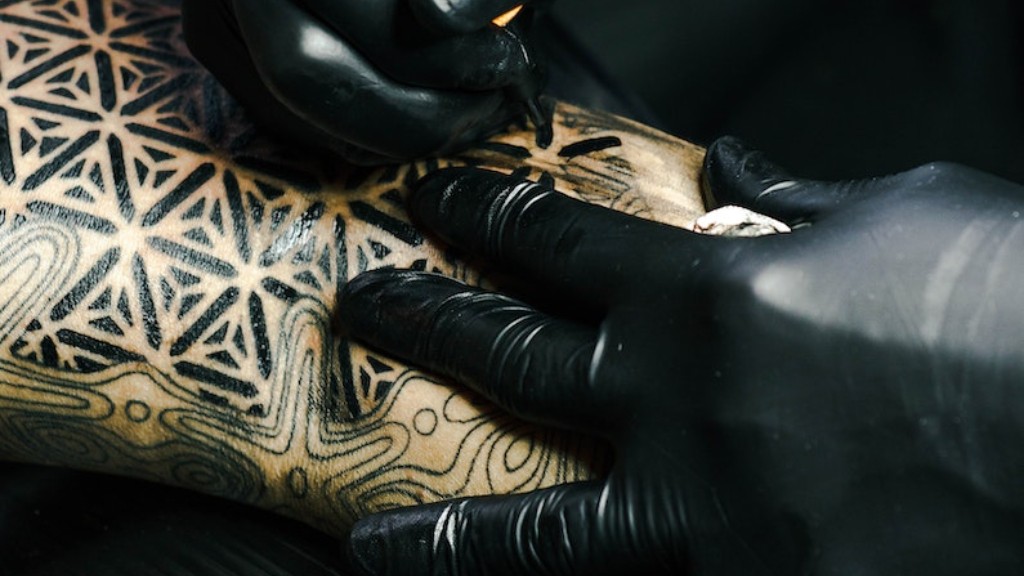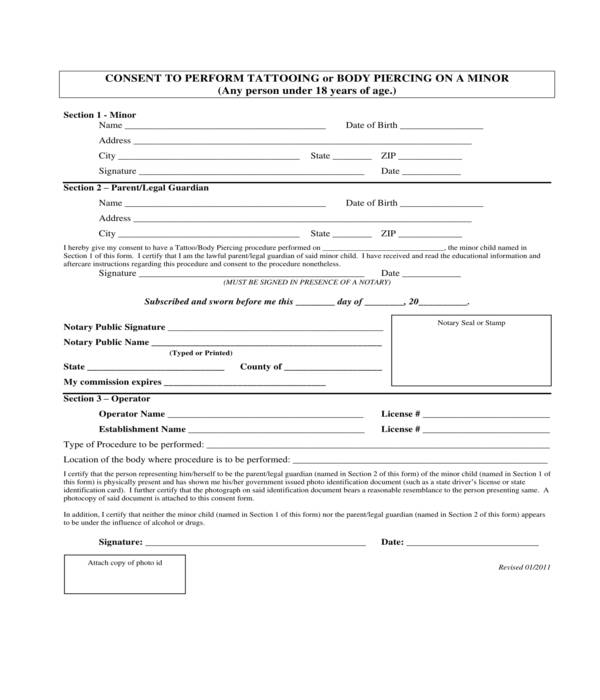For many 16-year-olds, tattoos represent a form of self-expression and individuality. However, the legalities surrounding tattoos for minors can be confusing. The question "can you get a tattoo when you're 16 with parental consent?" is a common one, and the answer varies depending on the location and specific regulations in place. While some states or countries allow minors to get tattoos with parental approval, others impose strict restrictions. Understanding these laws is crucial for both teens and their parents to ensure compliance and avoid legal complications.
Tattoos have become increasingly popular among younger generations, but the decision to get inked at 16 is not one to be taken lightly. It’s important to weigh the permanence of tattoos, the potential health risks, and the legal requirements. For those considering this step, knowing whether parental consent is sufficient can make all the difference. This article aims to provide clarity on the topic, offering insights into the legal framework, parental involvement, and other considerations that play a role in the process.
Whether you’re a teenager thinking about getting a tattoo or a parent helping your child navigate this decision, it’s essential to gather accurate information. From understanding local laws to exploring the role of parental consent, this guide will walk you through everything you need to know. By the end, you’ll have a comprehensive understanding of the question, "can you get a tattoo when you're 16 with parental consent?" and the factors that influence it.
Read also:Discover The Best Lithichrome Paint Near You A Comprehensive Guide
What Are the Legal Requirements for Minors Seeking Tattoos?
Legal requirements for tattoos vary widely depending on the country, state, or even city where you reside. In many places, the legal age for getting a tattoo is 18, and no exceptions are made for parental consent. However, some regions permit 16-year-olds to get tattoos if they have written permission from their parents or legal guardians. These laws are designed to protect minors from making irreversible decisions without proper guidance.
It’s important to note that even in areas where parental consent is accepted, tattoo artists may have their own policies. Some may require additional documentation, such as a notarized consent form, while others might refuse to ink minors altogether. To avoid disappointment, it’s wise to research local regulations and consult with tattoo studios beforehand.
Can You Get a Tattoo When You’re 16 With Parental Consent in the United States?
In the United States, the rules regarding tattoos for minors differ from state to state. For example, states like California and Texas allow 16-year-olds to get tattoos with parental consent, provided the necessary documentation is presented. On the other hand, states such as New York and Illinois strictly prohibit tattoos for anyone under 18, regardless of parental approval. This inconsistency highlights the importance of understanding the specific laws in your area.
Parents considering allowing their 16-year-old to get a tattoo should also think about the implications. While parental consent can legally enable the process, it doesn’t absolve the teen or the artist from potential consequences if the law is violated. Ensuring compliance with local regulations is the best way to avoid legal issues.
How Does Parental Consent Work in Tattoo Studios?
Parental consent is a crucial component for minors seeking tattoos in jurisdictions that permit it. Typically, tattoo studios require written permission from both parents or legal guardians. This consent should clearly state that the parents approve of the tattoo and understand its permanence. Some studios may also ask for a government-issued ID to verify the parent’s identity and relationship to the minor.
- Consent forms should be signed in person at the studio.
- Parents may need to accompany the minor during the session.
- Notarization of the consent form may be required in certain areas.
Why Is Parental Consent Important When Getting a Tattoo?
Parental consent serves as a safeguard to ensure that minors fully comprehend the implications of getting a tattoo. It also provides an opportunity for parents to discuss the decision with their children, addressing any concerns or offering guidance. By involving parents in the process, tattoo artists help uphold ethical standards and protect both the minor and the business from potential legal repercussions.
Read also:Nicholas Fuentes On Rumble A Rising Voice In Digital Media
Can You Get a Tattoo When You’re 16 With Parental Consent Outside the U.S.?
International laws regarding tattoos for minors also vary significantly. In countries like the United Kingdom, the legal age for tattoos is 18, and parental consent is not accepted. In contrast, some European nations allow tattoos for 16-year-olds with parental approval. It’s vital for travelers or expatriates to research the regulations in their current location to avoid misunderstandings.
What Should You Consider Before Getting a Tattoo at 16?
Before answering the question, "can you get a tattoo when you're 16 with parental consent," it’s essential to evaluate the following factors:
- The permanence of tattoos and their impact on future career opportunities.
- Potential health risks, such as infections or allergic reactions to ink.
- Financial costs associated with tattooing and possible removal.
- Personal readiness to commit to such a significant decision.
What Are the Risks of Getting a Tattoo as a Minor?
While tattoos can be a form of self-expression, they come with inherent risks, especially for minors. The permanence of tattoos means that a decision made at 16 could affect one’s life for decades. Additionally, the ink used in tattoos may cause allergic reactions or other health issues. It’s crucial for both teens and parents to weigh these risks carefully before proceeding.
Can You Get a Tattoo When You’re 16 With Parental Consent Without Regret?
Regret is a common concern for those considering tattoos at a young age. Many people who get tattoos as minors later regret their decisions due to changing tastes or career aspirations. To minimize the chances of regret, it’s advisable to choose a design that has personal significance and is unlikely to go out of style. Consulting with a professional tattoo artist can also help ensure a high-quality result that you’re more likely to appreciate in the long term.
What Questions Should You Ask Before Getting a Tattoo?
Asking the right questions can help you make an informed decision about getting a tattoo. Here are some key inquiries to consider:
- What are the legal requirements for tattoos in my area?
- Does the tattoo studio require parental consent for minors?
- What are the health risks associated with tattoos?
- How much does the tattoo cost, and are there additional fees?
Conclusion: Is Getting a Tattoo at 16 the Right Choice for You?
The question, "can you get a tattoo when you're 16 with parental consent," doesn’t have a one-size-fits-all answer. While some jurisdictions allow it, others impose strict restrictions. Ultimately, the decision should be made with careful consideration of legal requirements, parental input, and personal readiness. By educating yourself on the topic and consulting with professionals, you can make a well-informed choice that aligns with your goals and values.
Table of Contents
- What Are the Legal Requirements for Minors Seeking Tattoos?
- Can You Get a Tattoo When You’re 16 With Parental Consent in the United States?
- How Does Parental Consent Work in Tattoo Studios?
- Why Is Parental Consent Important When Getting a Tattoo?
- Can You Get a Tattoo When You’re 16 With Parental Consent Outside the U.S.?
- What Should You Consider Before Getting a Tattoo at 16?
- What Are the Risks of Getting a Tattoo as a Minor?
- Can You Get a Tattoo When You’re 16 With Parental Consent Without Regret?
- What Questions Should You Ask Before Getting a Tattoo?
- Conclusion: Is Getting a Tattoo at 16 the Right Choice for You?


